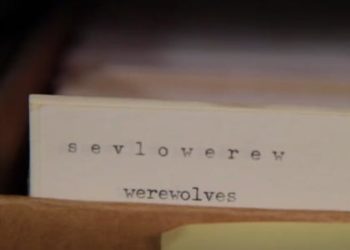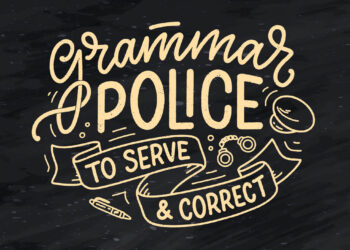Pity the poor Oxford English Dictionary editor who was assigned to cover the word “run”. In the dictionary’s upcoming edition, run has some 645 use cases for the verb form alone, and its definitions run some 75 columns of type. According to Reader’s Digest, run alone took one lexicographer nine months of research to complete.
Interestingly, in the 1928 edition, the word with the most definitions was “set” (200 meanings and 32 pages). Perhaps the switch from set to run says something about changes in the pace of life over the last century. The video below offers a run-through of just some of the many uses of this versatile word.
Discussion
4 Thoughts on "The Most Complicated Word in the English Language"
It’s always funny what non-experts think is remarkable.
It’s even funnier what some people think isn’t remarkable.
The Oxford English Dictionary/Dictionaries was/were once looked upon as the authority of Bringlish – British English. They defined what was right in word usage. They were ‘prescriptive’. Now all they do is record how words are used, regardless of any historic use or logic. They have become ‘descriptive’. They were once academic; now that are commercial.
They are symbolic of how the UK’s institutions have become money orientated to the point of greed.
As a former lexicographer at the OED i can tell David that the most complicated three letter word is “set”! Or was when i worked on the OED Supplements.
Incidentally the OED was always descriptive, showing all vaiants based on quotation evidence


